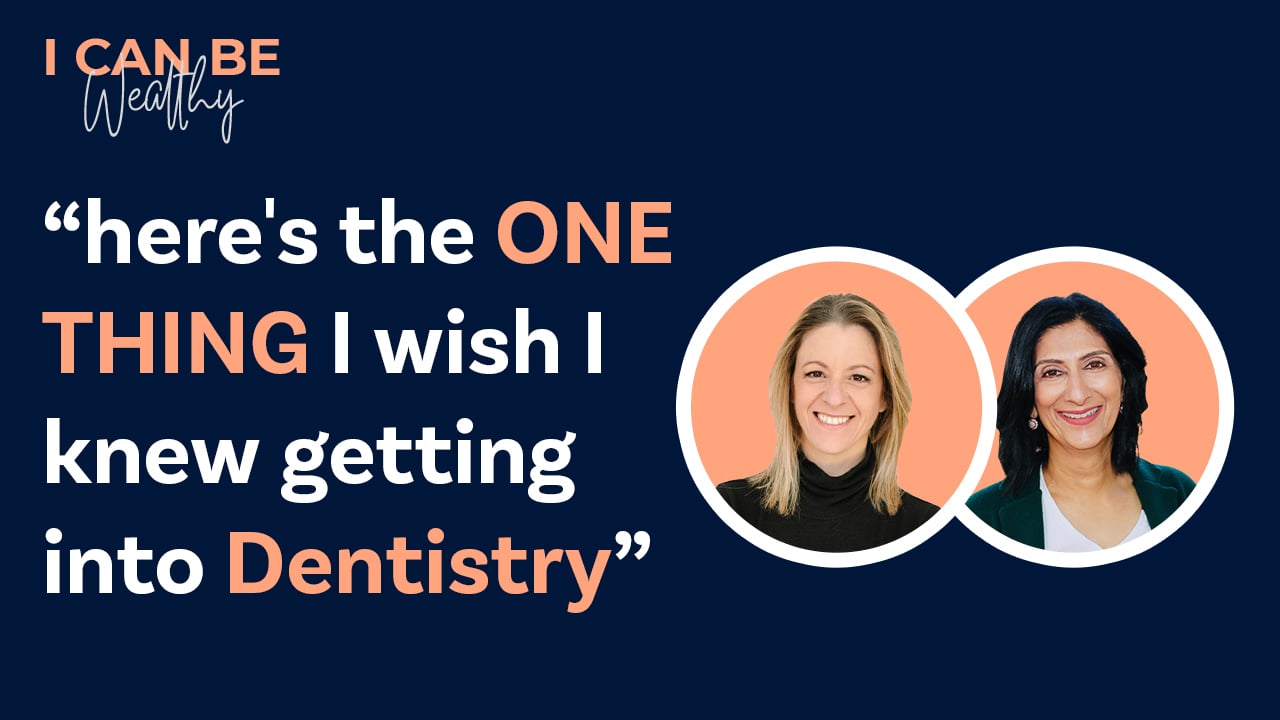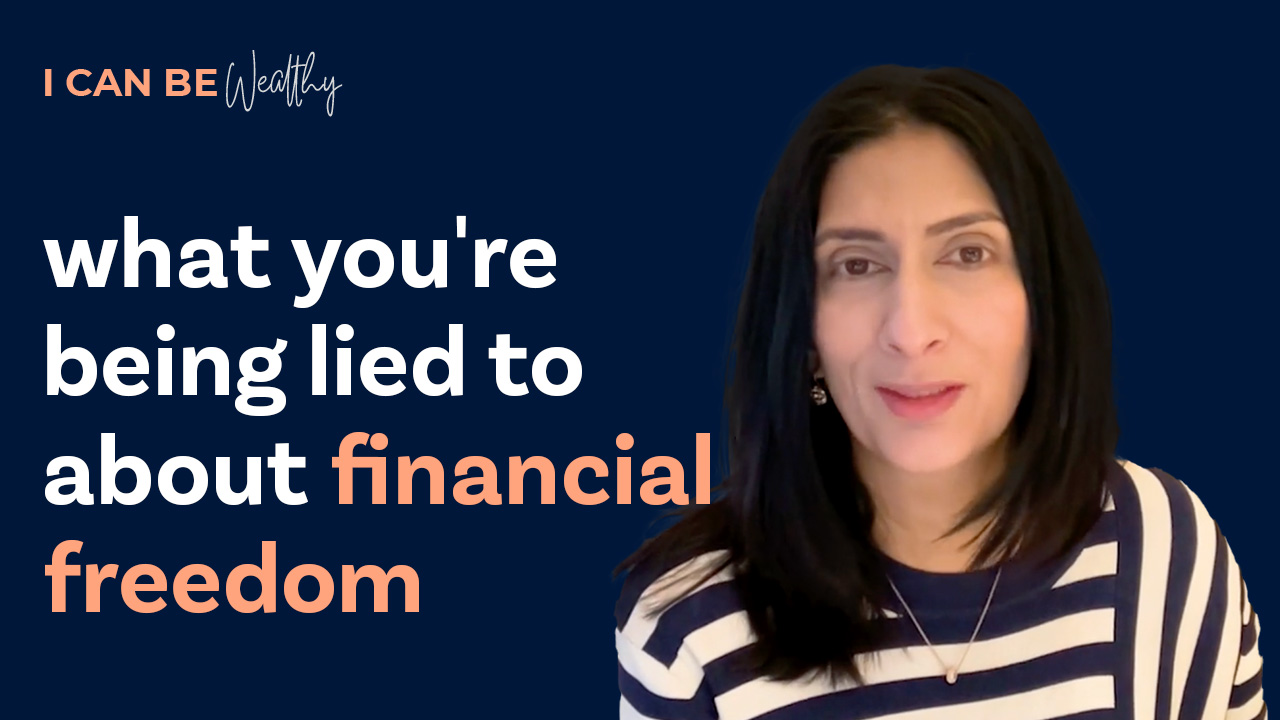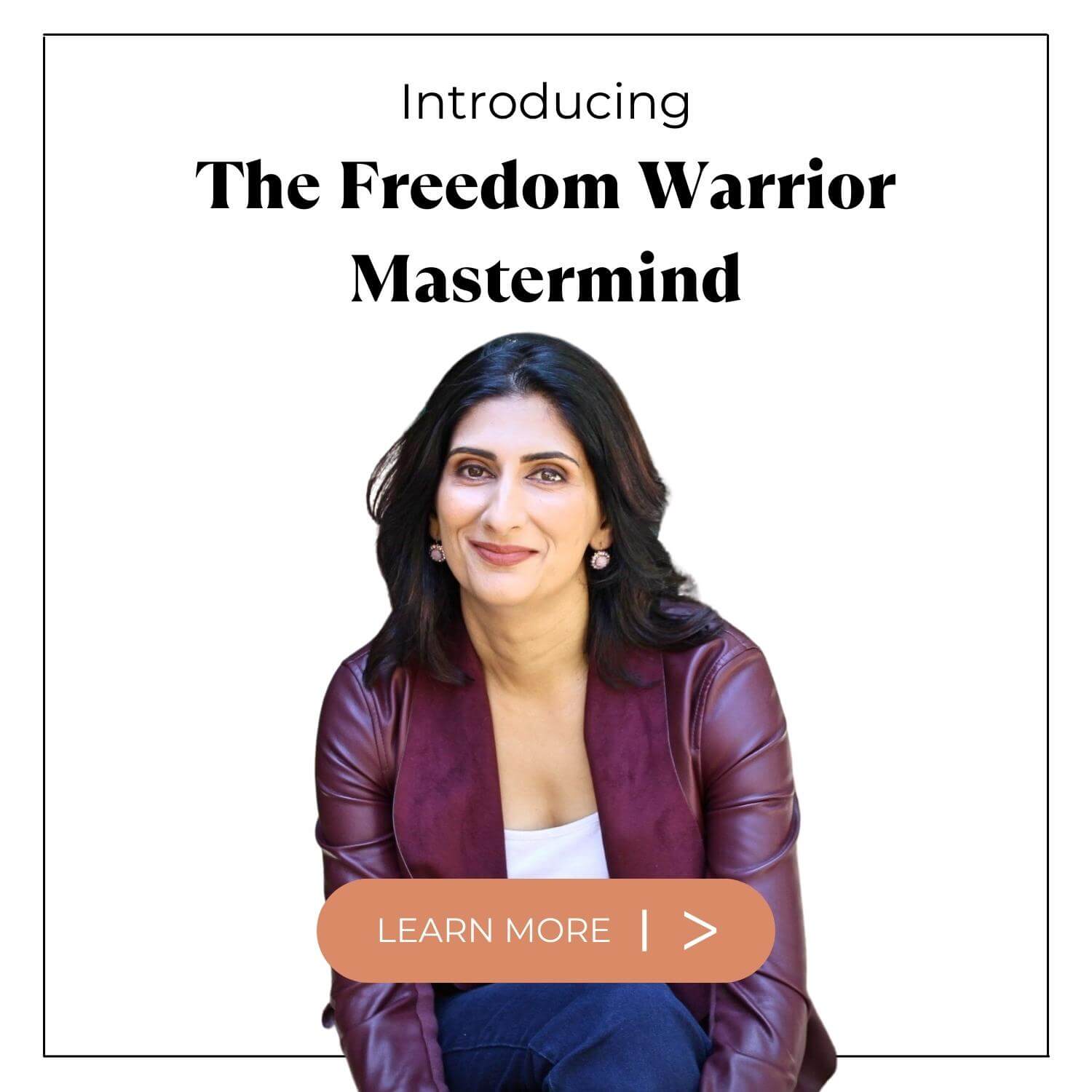Why Wealth Building is So Hard & How to Make it Easier
Today we discuss the question I get asked quite often: “Why is wealth-building so hard, and what can I do about it now?” This is a strategic bird’s eye view to give you some insight into what I’ve been witnessing over the last ten years at least.
I share some of my own struggles on my journey so that you can better understand how you might go about diagnosing where to put your efforts and how to rectify or straighten up your success rate.
So here are a bunch of ideas to unpack:
- why you might be struggling to build wealth
- reason #1: lack of time
- reason #2: not knowing the right people
- reason #3: not having a plan
- reason #4: they’re swayed by popular media
- reason #5: investing in slow performing mainstream opportunities
- reason #6: not knowing who to trust
- reason #7: difficulty distinguishing the right information
- tips to help you get back on track
- tip #1: diagnose your weakness
- tip #2: stick to assets that’ll help on your journey
- tip #3: being in control of your wealth
- tip #4: align with people who have the results you want
- tip #5: continuously define what life-changing wealth means to you
- recap
Connect:
Website: https://www.inkosiwealth.com/
Facebook: https://www.facebook.com/iamSalenaKulkarni
LinkedIn: https://www.linkedin.com/in/propertystrategist/
YouTube: https://www.youtube.com/c/FreedomWarrior
00:00:00 – Intro
00:02:14 – Why You Might Be Struggling to Build Wealth
00:03:23 – Reason #1: Lack of Time
Read More00:05:12 – Reason #2: Not Knowing the Right People
00:07:08 – Reason #3: Not Having a Plan
00:09:05 – Reason #4: They’re Swayed by Popular Media
00:11:20 – Reason #5: Investing in Slow Performing Mainstream Opportunities
00:12:12 – Reason #6: Not Knowing Who to Trust
00:13:49 – Reason #7: Difficulty Distinguishing the Right Information
00:14:13 – Tips to Help You Get Back on Track
00:16:18 – Tip #1: Diagnose Your Weakness
00:22:35 – Tip #2: Stick to Assets That’ll Help on Your Journey
00:24:54 – Tip #3: Being in Control of Your Wealth
00:27:32 – Tip #4: Align with People Who Have the Results You Want
00:32:09 – Tip #5: Continuously Define What Life-Changing Wealth Means to You
00:37:26 – Recap
00:38:20 – Outro
Today we discuss the question I get asked quite often: “Why is wealth-building so hard, and what can I do about it now?”
This is a strategic bird’s eye view to give you some insight into what I’ve been witnessing over the last ten years at least.
I share some of my own struggles on my journey so that you can better understand how you might go about diagnosing where to put your efforts and how to rectify or straighten up your success rate.
Wealth building is bloody hard work, and nobody is immune to that, even though it might look from the outside that other people do it effortlessly. Even people who are regarded in the top 1% of investors work hard, and it’s taken time, dedication, energy and a real thirst for continuously growing both their knowledge base and their capacity to make good decisions.
So here are a bunch of ideas to unpack.
Read More
First of all, I thought it would be really useful to revisit some of the scenarios where I see most people struggling to build wealth. I’ve worked with hundreds of investors, and I’ve had the great fortune of being able to surround myself with many who are world-class. These are people who have had longevity as successful investors, and they are known for getting results that completely outperform the norm. I experienced this through conversations with investors myself, and I’ve experienced some of these challenges on my own journey, and then I’ve spoken to people who are really top of their game about what’s going on in their world. So here are some reasons why people struggle to build wealth. If I think about my own journey, there’s a compounding and cumulative ability not only to discern but hone in on the knowledge and information that’s right. When you first start out, it’s overwhelming. There’s this sea of information, and you almost don’t know where to start and what to focus on. I’ve carved out hundreds and hundreds of hours outside of my work and dedicated it to the thought, the study, the conversations, the relationship-building around our wealth building. As business owners, it’s really hard even to carve out that time. If your business is doing really well, then the thought is, well, that’s where I should put my time and effort. Unfortunately, if the business is not doing so well, that is where your time and energy is too. Therefore wealth-building falls to the back burner. Finding a cadence or a rhythm around giving it a little bit of attention over time will have massive results. Where I see many business owners going wrong is not even giving it a little bit of headspace. The second reason I see many business owners struggling to build wealth is they don’t know the right people to help them find deals. And when I say deals, I mean A-grade investment opportunities. What we tend to do when we’re new to investing, or if it’s just something we do as a sideline, is abdicate and give the decision making to somebody else because we figure we just don’t have the time. We let them make decisions assuming – and I must add, often incorrectly – that they must know the right people and have the right knowledge to pick investments for us. There are ways to bypass this. We’ve got access to people like buyers agents and other wealth professionals. If you really, absolutely have no capacity to figure stuff out and take control of your wealth-building, then maybe that’s the way to go. But I’m a much bigger fan of a “done with you” style of approach because then you get the benefit of understanding knowledge and information. You’re leveraging off somebody else, and it will shortcut your pathway, provided they’re the right person. Not knowing the right people means you’re always chasing deals. And as I’ve said many times, if we’re in a frothy market as we are in right now, knowing the right people and being able to access opportunities is simply because you’ve taken the time to build a relationship into your world that will support and serve you when it comes to finding the best deals. I’m flabbergasted at the number of people who aren’t very clear about what they want. Where they are and the journey to get from where they are to where they want to be is very loosey-goosey. It’s very opportunistic. It’s kind of like dropping money into a specific asset just because it’s sitting in the bank and it’s burning a hole in their pocket. But what happens when you don’t have a plan is it’s very easy to get distracted. It’s very easy to put your money into opportunities, which may or may not align with what you’re trying to achieve. Having a plan is not necessarily about having this long-winded document that sets out blow for blow what you’re going to do on a prescriptive level. A great plan is really a framework for decision making; a tentative game plan for how you’re going to get from where you are to where you want to go in terms of: Will you potentially deviate from that? Possibly, but the plan allows you to at least stay on the path and heading in the right direction.
As can be the case in business, we need to avoid bright shiny objects and promises of get-rich-quick type investments at all costs. Now, probably more than any other time that I’ve ever seen, our media sources are drumming up ideas and trying to influence people based on whatever the government agenda looks like. If you’re aware of that and can kind of read between the lines and recognise that, you’re in a much safer position. But the number of investors who actually will take what they read in mainstream media as the gospel and then use that to drive their decision making is astonishing. Just be really careful where you’re reading things in the media because it influences how you think and feel about your investing. You’ve got to layer all of that popular media with facts and figures – but ultimately, you know there are no guarantees around investing. Everything in investing is (to some degree) a risk, so what you’ve got to do is work out how to mitigate as many of those risks as possible. Hanging your hat on a mainstream headline that you’ve come across in order to guide your decision making is absolutely the wrong way to go. Over the last two months, I’ve spoken to a lot of investors who are almost in a panicked state because they really want to get traction and progress with their wealth building, and they’re just chasing their tail. They’re reading headlines, and they’re seeing all this talk that the market’s exploding and “you gotta jump on now” and stuff that’s colouring their decision-making. It’s OK to have urgency around needing to move forward and needing to make decisions. But just be sure that you’re relying on the right sources of information. People often dilute their results by investing in mainstream. There are more investing opportunities when you’re sitting alongside others, so managed funds and things like that. You can get a reasonable result with those, but they’re not necessarily going to give you the sort of leverage and opportunities that you need. If most business owners that I speak to are representative of the average, they’re ambitious people, and so sticking all your wealth into mainstream investments that don’t necessarily perform is actually going to be a really, really important piece. The next reason I think people really struggle to build wealth is that they flounder around this idea of who to trust. They want help, and this is probably paired with the example I gave earlier about not having the right relationships. So you need to actually find people who have the wisdom and support to get you where you want to go. At the same time, you need to be conscious of hidden commissions and trail incomes and things like that. Find people who at least get remunerated in a way that makes it sense to you, where there is no conflict of interest. A good idea is fee for service. Do your homework and be very clear on what you’re looking for when you’re working with someone. Find someone who aligns with your values. Make sure you work with someone who has the bigger picture or the vision of what you want to try and create in their mind. I think that’s really important in this regard: making sure that you know they can help you shape your vision and get clarity around the opportunities you are looking for.
The final thing that makes wealth building hard is that there is a mountain of jargon. This relates to the idea I mentioned earlier that people are feeling that it’s very difficult to distinguish between information that’s going to help their decision making and mainstream media, which is really just out there to sensationalise or sway the masses. I have great empathy, guys, for those of you out there who feel like you’re isolated or alone even though on paper you might have a reasonably good net worth. You don’t feel wealthy, and I definitely have great empathy for you.
So let’s discuss a handful of ideas that will help you get back on track. I want to pre-frame all of this with the idea that when you work in business, even if you’ve got a little bit of peer support, it’s actually a pretty lonely gig. And I know that one of the things that have always surprised me with the clients I’ve worked with over the years is that sometimes they just need someone to tell them they’re going OK. When it comes to wealth building, we don’t necessarily have access to a lot of people who can look at our situation holistically and just say, look mate, relax, you are doing OK. I understand that there’s frustration and maybe a little worry about whether you’ve done enough and got enough in the tank to get you over the finish line. Here are five things to help you move forward. For anyone who’s really feeling the idea of wealth building being challenging is to diagnose your weakness. You may have heard me speak in prior podcasts and certainly inside my programme about the four pillars of becoming a great investor. A lot of the ideas, mentoring and training are around these four pillars. This came about as a result of working with a bunch of investors who I could see were trying really hard to do as much as they could to become great investors, but they had a couple of blind spots. So, I created that four-pillar framework to help people better self diagnose where their challenges lay. I know some of you may be aware that I recently joined James Schramko’s Super Fast Business programme, and I saw in one of the forums someone commented about how much money they put aside around their investing. It was an epic amount, and I was so impressed. And in my own journey, our family game plan around wealth-building was to, on average, put aside at least 50% of what we earn towards wealth building efforts. Now that’s a staggering amount when I go back and think about how little we had and how little money we earned in the beginning. Fortunately, both my husband and I were on the same page, and we’ve more or less maintained that percentage. I would even hazard a guess that maybe that percentage has gone up, because our discipline around how money gets allocated has pretty much stayed the same. Whenever either of our earnings have gone up over and above what it was ten years ago, most of that has gone into investing as well, whether that’s wealth, debt management, or creating facilities and opportunities to make the wheels turn better. I’m not sure that people are necessarily wanting to be as frugal as we were. We’re certainly less frugal now, but there’s definitely a mindfulness around how money flows, and it’s something that we’re constantly monitoring. Those four things have often been blind spots for people, and when I say a blind spot, it’s more that they just didn’t know that it was an area that they should be focusing on. So I am always asking the question, which of my four pillars requires attention? For me, investment effectiveness is one that gets a lot of love. My mindset’s definitely one that gets a bit of love. Stewardship I probably could give a bit more love to, if I’m really honest. I rely on habits and patterns and processes that I set out many, many years ago and to be honest, it’s definitely something that I think I could give more love to. And then knowledge is definitely one that I also give a lot of love to. So my own blind spot is not so much that it’s ignored, but it probably has less energy than some of the others. Many of you have heard me talk about the three parts of the game on the wealth-building journey, and I’d encourage you to go back and have a look at that because that’s a really important concept to understand. Part one of the wealth journey is around building capital, so you need to be careful to not get distracted by assets that don’t align with building capital. I talked to a lot of investors, particularly younger ones, who have maybe saved a small deposit and they’re just itching to get in the game. And instead of waiting till they can afford to buy a good solid asset where the probability of capital growth is high, they just race off and buy something in a really obscure market, a less desirable area or in a type of property that is less likely to give growth just because they need to get into something. It’s not a great habit. Instead of letting money burn a hole in your pocket and rushing out to put it somewhere, take a little bit of a mindful approach and wait another few months. If you have a little bit more money, what could you find or buy that will be more in alignment with the part of the game that you’re in? Don’t rush to park your money in anything for the sake of it. I’m aware of the concept of opportunity cost. But sometimes, a more mindful approach to your investing, like hanging on to cash and just allowing it to accumulate until you find the right asset, can actually serve you better over the long haul. Just be really mindful of what part of the wealth game you are in. One of the things I hugely advocate is being in control of your wealth. There’s no question: if you’re an investor who has abdicated decision-making to someone else – history has shown time and time again that it’s very, very rare that you will get the outcome that you want. I’m a bit of a broken record about this, but nobody cares about your money more than you do. So you need to give your wealth-building love, attention and headspace. A great example of this is my client who was very focused on his business and basically outsourced all decision making to a stockbroker / financial planner, who put it into shares. The shares have done OK, he now has a reasonable lump of capital, and he’s within a stone’s throw of wanting to let go of his business. But, he probably can’t sell it. He wants to get off the tools, and he’s in a situation where the asset base, the capital that he has, has taken him in the wrong direction. He knew that he was going to be heading towards some form of retirement or stepping out of the business around this time, and years ago he just wasn’t asking the question around how he would turn what they created into an annuity or some cash flow. So he found himself in a bit of a difficult situation: he had this lump of capital and zero cash flow. Ultimately, where he was before we started working together, was believing that maybe he was just going to have to sell down that share portfolio to live, maybe even sell the house to get the income that he needed in order to have a relatively comfortable retirement. Be really mindful that if you don’t take control, if you don’t give it headspace, it can take you in the wrong direction. The next piece that I want to focus on is to help you understand what you can do about making wealth-building an easier journey: align with people who have the results that you want. For a long time earlier in my wealth-building journey, I kept asking, looking around and taking advice from people who were talking a big game. But it wasn’t until years later that I found out they didn’t actually have the results that I wanted. When someone speaks with a great degree of confidence, it’s normal to assume that they know what they’re talking about. So, when I’m looking at working with or taking advice from someone, I want to know about their situation and their results. I demonstrate this in my Freedom Warrior Mastermind when I’m creating training and content for my members: I like to take them on a journey when I’m introducing a new trusted advisor to the group. A trusted advisor can be someone who brings great wisdom or great deal flow access to great opportunities. Or maybe they are at the coalface of being able to help us pivot and navigate when it comes to decision making as economic climates change. A “trusted advisor” is a broad concept. But I always like to start with their journey. Who are you? What makes you, you? What got you to where you are? How did your journey unfold? What are the mistakes you made? What led you to become a specialist in this particular strategy or this particular area of expertise? When you understand someone’s journey, there’s a lot of credit that you can assume because you can see they walk their talk, and that their learnings are what’s given them that area of expertise rather than someone who maybe has studied from a theoretical base and therefore deems themselves an expert. I definitely take a three-pronged approach to creating content with my trusted advisors. So going on to, what do the opportunities look like? The big thing for me is alignment with people whose values are similar to mine, who are good people that understand the journey of investing, who have the results that I want and that my members want. I think one of the problems that a lot of people in the wealth industry feel is that they have to be infallible. They have to be perfect. They can’t reveal their vulnerabilities. I’m probably the other end of the spectrum, I’m always open to sharing my mistakes and vulnerabilities – but I probably spend too much time down that end, in fact. What I love about this idea of aligning with people who have the results that I want is that they can show me how they do things. They can show me what mistakes they’ve made, and more importantly, they can introduce me to people who can help fill the gaps in my arsenal. If I’m trying to build armour that will endure over 100+ years, then I’m not going to always know it all. I’m not going to always know the people. But the people who are immediately close to me usually know someone who can help. If I think about what life-changing wealth meant to me 20 years ago, 15 years ago, ten years ago, five years ago, it has definitely evolved. Keep thinking of your minimum viable capital to get you where you want to go. You guys have heard me speak about freedom formula, freedom formula, freedom formula and it’s because most business owners don’t have a good sense of how much capital they need working at what level at what rate of return so that they can achieve the experience of wealth exactly as they want it. I’ve witnessed and spoken to so many business owners for whom it could have been game over by now, but because they had no plan and they didn’t have a definition of what was enough, they just always felt like they weren’t there yet. It’s a sad thing to observe, to be frank, because as an outsider when you see that someone worked really hard and that they’ve built a relatively good capital base through sheer grit – but they’re just choosing the wrong investments. They’re not defining what life-changing wealth actually means, and I’ll give you the best example of this that I’ve witnessed many times. Someone sets out in their mind a certain level of net wealth that makes sense to them, a number that sounds sexy, maybe it’s having a net worth of 20 mil, 30 mil, whatever it is, but without any real connection to how hard that capital needs to be working for them. What kind of income stream does it need to be producing? And then the other pitfall I see is people who say, I need to be earning X amount of passive income per year to be financially free. And then you ask them, well, what level of income do you require in your life now to live comfortably? And inevitably, what I find is that they’ve created a goal for themselves that is so ridiculous and has no relevancy to the lifestyle needs that they currently have that it’s almost nonsensical. If you’re comfortably living on $100,000 after tax per annum and you’re striving to build a passive income of 400,000 or 500,000 per annum, that just doesn’t make sense to me. Some of you may have heard me speak about setting goals around a passive income number and having a baseline number. Your baseline number is, if you had this amount of money coming in today, that would be life-altering wealth and life-changing wealth. Life-altering wealth is a really important thing to define because if you can get to that baseline level, then you’re done. That is when you ultimately have the freedom to choose. Instead, I see people thinking that the aspirational goal is the real goal, and generally, that comes from some pain that they’ve had in the past or some preconceived idea about what wealth should look like. I think aiming for the aspirational goal once you’ve hit your baseline goal is fine, but to set it out as the only goal is certainly sabotaging some people’s efforts to enjoy their life. Ultimately, my role as a guide in the programme that I run is to show you how to use wealth to create the life that you want. That sometimes involves holding people down on what they think life-altering wealth means and bringing it back to something that’s more modest, more achievable, and having them say, yeah, well, I guess if I did have that amount of income coming in, I could choose what I want to do with my time. I hope this has been useful. There are a lot of threads that I talked about today which I have raised in other podcasts, so please go back and have a look at those if you’re interested. I wish you well and can’t wait to connect with you in person in the future. Please always feel free to reach out to me at selena@freedomwarrior.com to tell me what’s going on in your world, share your questions, thoughts and insights. If you’re a business owner feeling frustrated that despite doing everything right in the property investing playbook and you’re no closer to financial freedom, then head over to www.freedomwarrior.com.au to learn more about how you can use alternative investments to catapult your investing income and blend strategies to shave decades off your timeline to financial freedom. If you’re interested in understanding how to create wealth through alternative strategies, please check out my programs, where I help you catapult your investment income and blend strategies to shave decades off your timeline to financial freedom. Or, you’re welcome to get in touch today, book a call with me, and I would be happy to talk you through it – no obligation!Why You Might Be Struggling to Build Wealth
Reason #1: Lack of Time
Reason #2: Not Knowing the Right People
Reason #3: Not Having a Plan
Reason #4: Being Swayed by Popular Media
Reason #5: Investing in Slow Performing Mainstream Opportunities
Reason #6: Not Knowing Who to Trust
Reason #7: Difficulty Distinguishing the Right Information
Tips to Help You Get Back on Track
Tip #1: Diagnose Your Weakness
Tip #2: Stick to Assets That’ll Help on Your Journey
Tip #3: Being in Control of Your Wealth
Tip #4: Align with People Who Have the Results You Want
Tip #5: Continuously Define What Life-Changing Wealth Means to You
Recap
Final Thoughts
Related Podcasts
How Dentists Are Tackling Wealth and Practice Challenges in 2024
In this episode, I interview Julie...
A Journey of Building Wealth Through Websites with Matt Raad
In this episode, I interview a...
The Passive Income Investing Strategy
In this episode, we talk about the...
The Sack of Sh*t We’ve Been Sold About Wealth Building
In this episode, we talk about why...

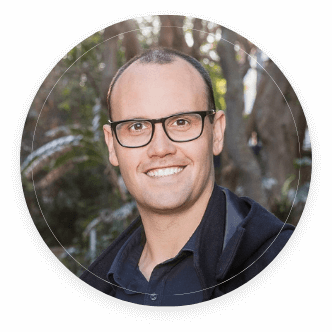
M. Brickwood
![]()
The Freedom Warrior program has given me the education, access to opportunities, and fresh investment advice to setup a bright future for me and my family.


B. Williams
![]()
If you are really serious about building real wealth in your life (intergenerational wealth) and creating a legacy, there is no better place.
